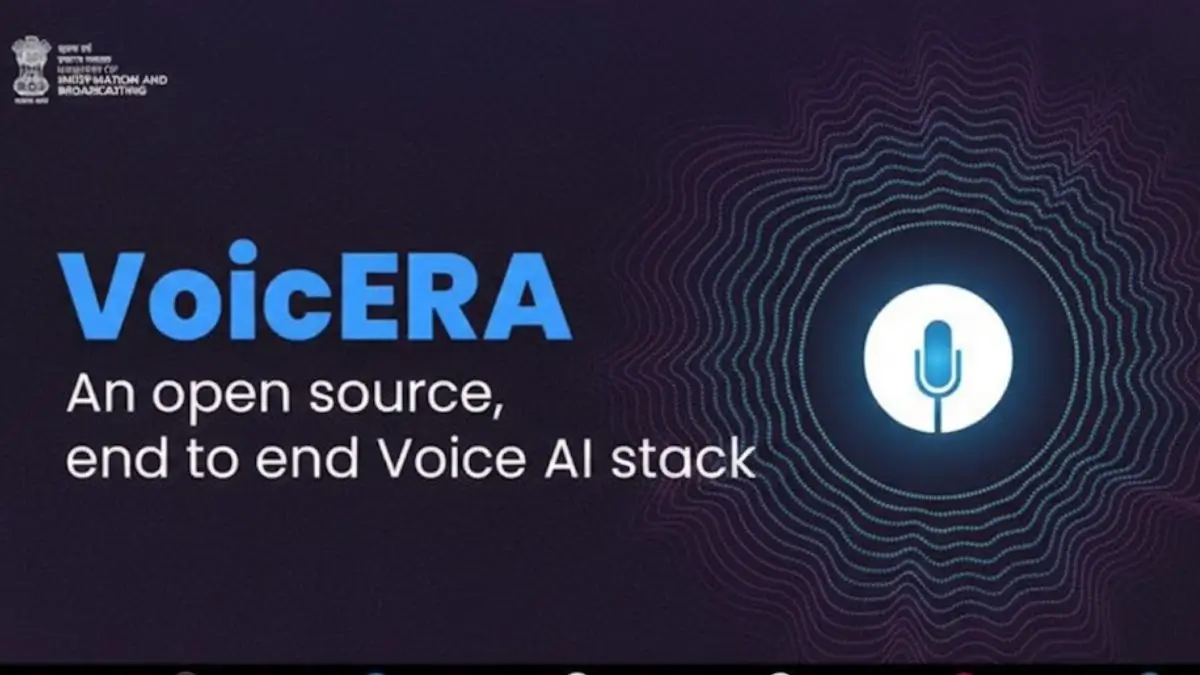India Takes a Leap Towards Green Maritime Transport with PM Modi Launching the First Hydrogen Fuel Cell Ferry
In a monumental move towards sustainable and eco-friendly maritime transport, Prime Minister Narendra Modi recently inaugurated India’s first hydrogen fuel cell-powered ferry. This groundbreaking initiative aims to revolutionize the country’s water transport system, aligning with global efforts to reduce carbon emissions and embrace clean energy alternatives.
The launch of the hydrogen fuel cell ferry marks a significant stride in India’s commitment to environmental conservation. The initiative not only exemplifies technological advancement but also addresses the pressing need for cleaner modes of transportation.
At the heart of this innovation is hydrogen fuel cell technology, a clean and efficient method of producing electricity by combining hydrogen and oxygen. Unlike traditional fossil fuels, hydrogen fuel cells emit only water vapor and heat as byproducts, making them an environmentally friendly alternative.
For students preparing for various government exams, especially those related to transportation, environment, and technology, understanding the nuances of hydrogen fuel cell technology becomes crucial. This development may find its place in question papers, underlining the government’s commitment to sustainable practices.
The launch aligns with the government’s larger agenda of promoting green and renewable energy sources. Aspirants aiming for civil service positions, including the Indian Administrative Service (IAS), need to stay abreast of such initiatives, as they reflect the country’s policy directions.
While the hydrogen fuel cell ferry is a commendable step, it is imperative for candidates to analyze the potential challenges and future implications of integrating such technology into the mainstream. This critical thinking will be beneficial for those appearing for exams that assess problem-solving and analytical abilities.

Why this News is Important
The recent launch of India’s first hydrogen fuel cell ferry by Prime Minister Narendra Modi is a momentous occasion with far-reaching implications. This development holds immense significance for several reasons, underlining the government’s commitment to environmental sustainability.
The introduction of the hydrogen fuel cell ferry signifies a conscious effort to address environmental concerns in the maritime sector. This move is pivotal as it marks a departure from conventional fuel sources, contributing to cleaner waterways and reduced carbon footprints.
On a global scale, India’s foray into hydrogen fuel cell technology for maritime transport showcases the country’s technological prowess and commitment to staying at the forefront of green innovations. This recognition is vital for the nation’s image on the international stage.
For students preparing for government exams, particularly those related to transportation, environment, and technology, this news holds immense relevance. It provides a real-world example of the application of clean energy solutions, a topic that might feature in various exam syllabi.
The launch aligns with the government’s broader agenda of promoting sustainable and eco-friendly policies. Aspirants aiming for civil service positions, including the Indian Administrative Service (IAS), need to be aware of such initiatives, as they reflect the nation’s commitment to responsible governance.
Historical Context
The launch of India’s first hydrogen fuel cell ferry is a watershed moment in the nation’s maritime history, but to understand its significance, it’s essential to delve into the historical context of hydrogen fuel cell technology and its integration into the transport sector.
Hydrogen fuel cell technology has undergone significant evolution over the years. Initially developed for space applications, it has gradually found its way into various industries, including transportation. Understanding this evolution provides a context for the current breakthrough.
Several countries have already embraced hydrogen fuel cell technology in their transportation systems. By studying these global precedents, one can appreciate the historical progression of this clean energy solution and how India’s recent initiative aligns with international trends.
In recent decades, India has been actively pursuing clean energy solutions to address environmental challenges. The historical context includes the country’s endeavors in harnessing renewable energy sources, making the hydrogen fuel cell ferry a natural progression in the pursuit of sustainability.
5 Key Takeaways from the Launch of India’s First Hydrogen Fuel Cell Ferry
| Serial Number | Key Takeaway |
|---|---|
| 1. | Revolutionizing Maritime Transport: The launch signifies a paradigm shift in India’s maritime transport, moving towards sustainable and eco-friendly solutions. |
| 2. | Hydrogen Fuel Cell Technology: Understanding the basics of hydrogen fuel cell technology is crucial for aspirants, as it represents a clean energy alternative with vast applications. |
| 3. | Government’s Commitment to Sustainability: The initiative reinforces the government’s commitment to sustainable and green policies, a theme likely to appear in various civil service exams. |
| 4. | Global Recognition: India’s adoption of hydrogen fuel cell technology places it on the global map of nations embracing clean energy, contributing to international recognition. |
| 5. | Educational and Analytical Relevance: Aspirants should analyze the challenges and future implications of integrating such technology, showcasing critical thinking skills essential for competitive exams. |
Important FAQs for Students from this News
Q: What is the significance of the hydrogen fuel cell ferry launch in India?
A: The launch signifies a crucial step towards sustainable maritime transport, emphasizing the adoption of clean energy solutions.
Q: How does hydrogen fuel cell technology work, and why is it considered environmentally friendly?
A: Hydrogen fuel cells generate electricity by combining hydrogen and oxygen, producing only water vapor and heat as byproducts, making it an eco-friendly alternative to traditional fuels.
Q: How does the introduction of the hydrogen fuel cell ferry align with the government’s green initiatives?
A: The initiative aligns with the government’s broader agenda of promoting sustainable and eco-friendly policies, contributing to a cleaner and greener transportation sector.
Q: Why is understanding hydrogen fuel cell technology relevant for government exam aspirants?
A: Aspirants need to grasp emerging technologies like hydrogen fuel cells, as they reflect the government’s commitment to innovation and sustainable practices, topics likely to feature in exams.
Q: What are the educational implications of the hydrogen fuel cell ferry launch for exam preparation?
A: The launch has educational implications, encouraging a deeper understanding of clean energy solutions and their potential applications, a valuable knowledge area for competitive exams.
Some Important Current Affairs Links

















